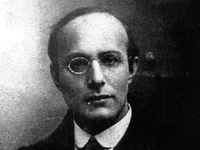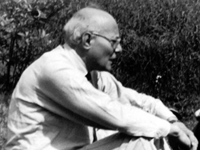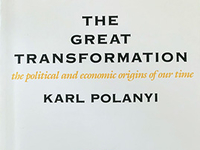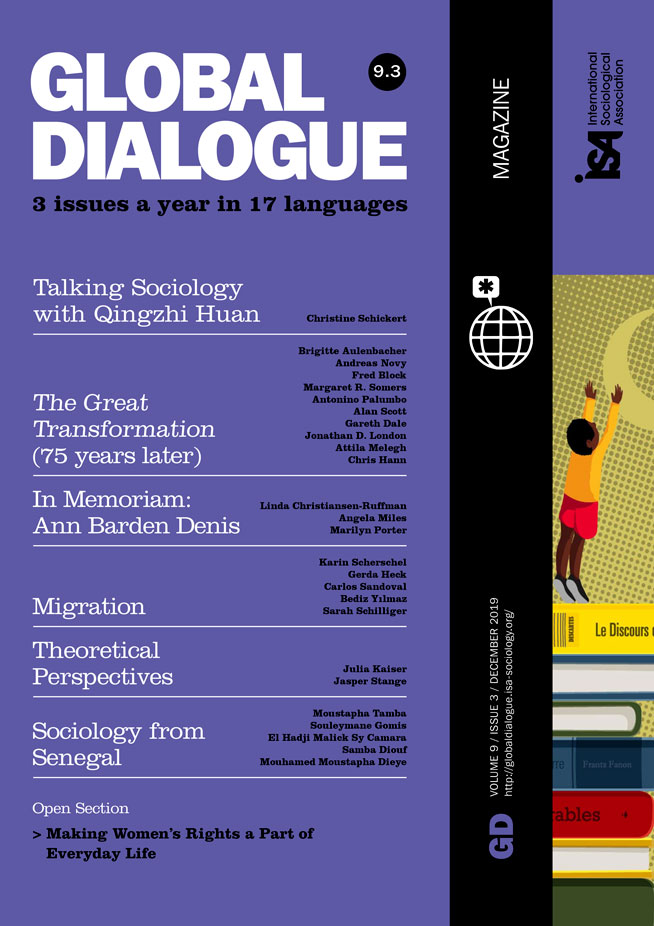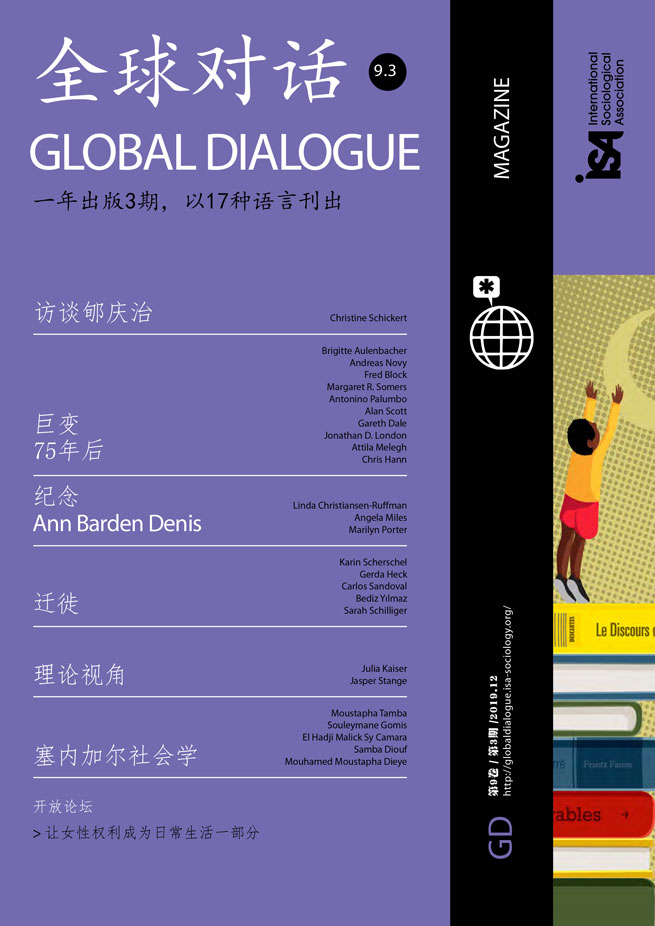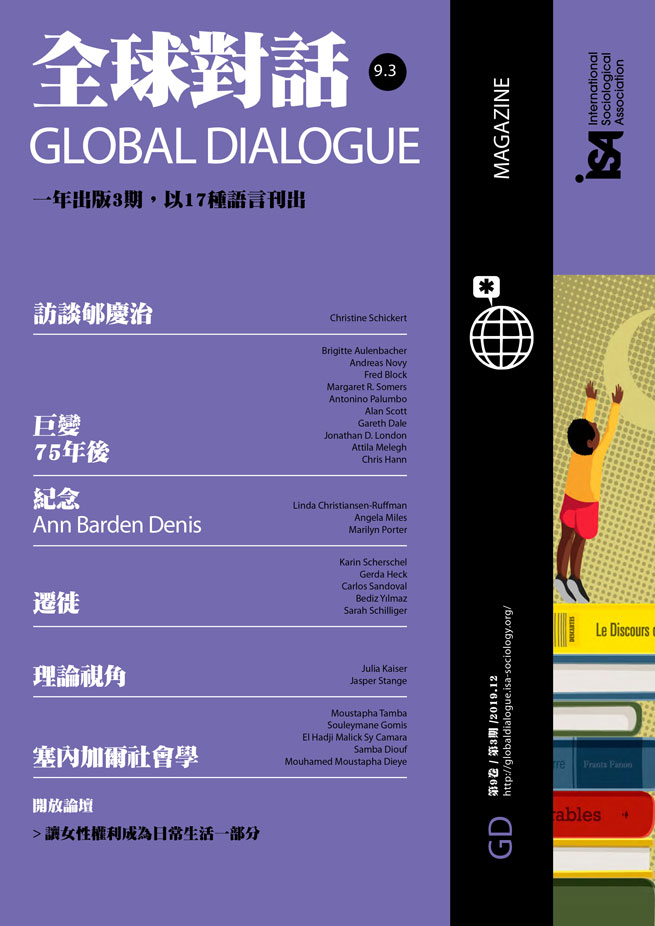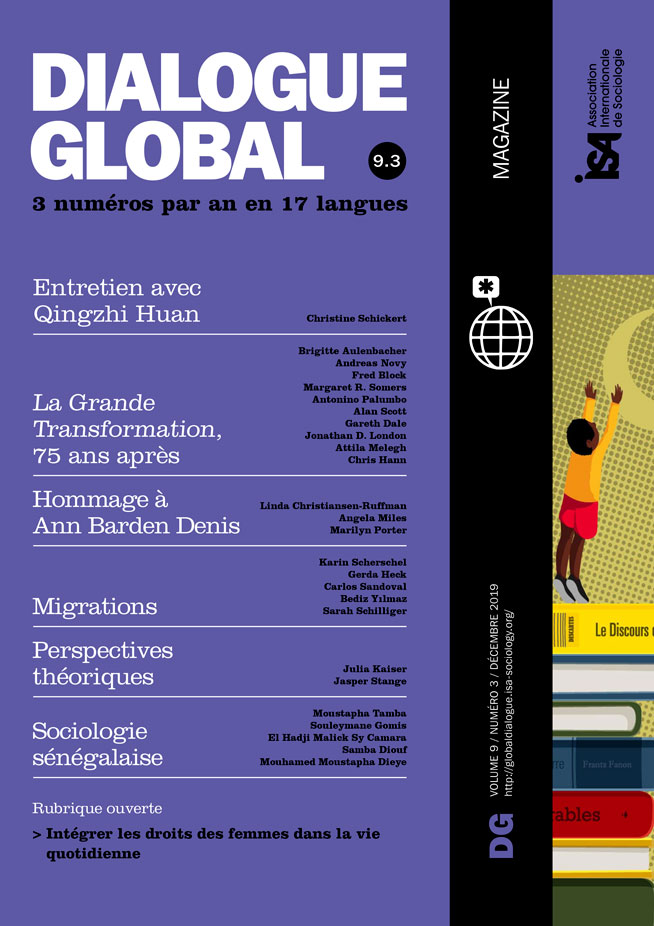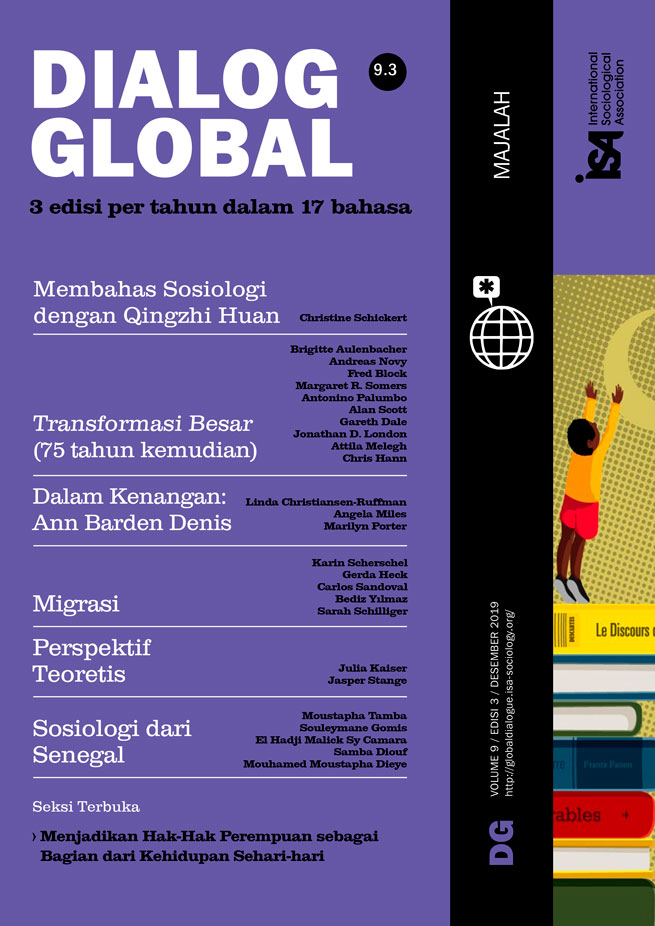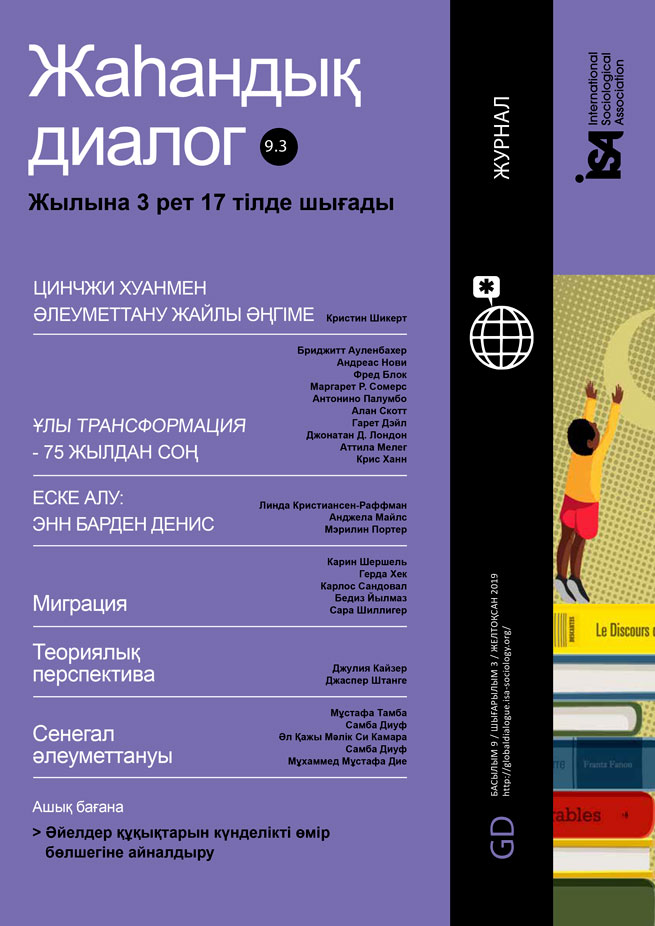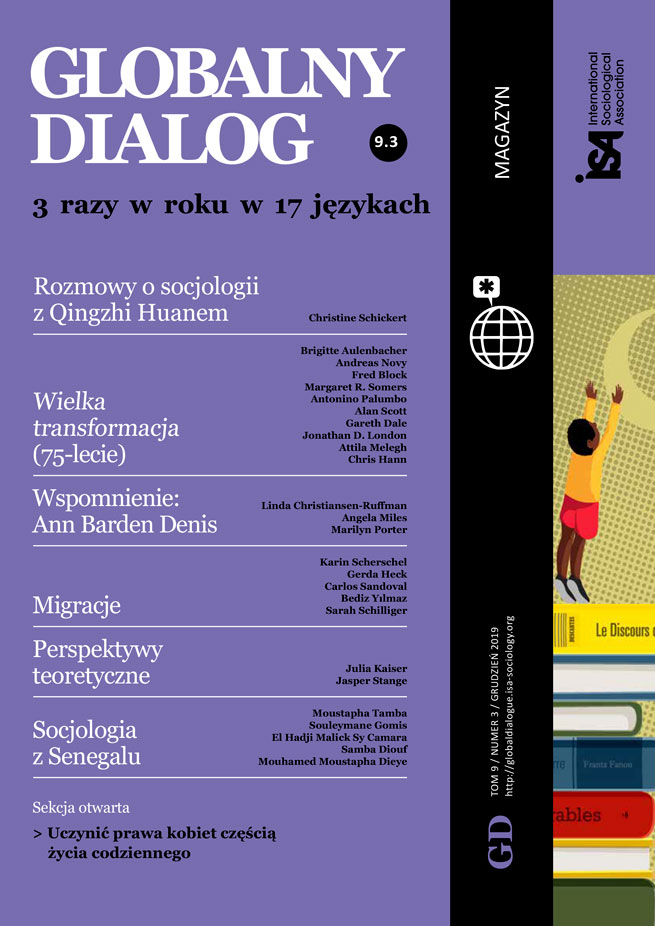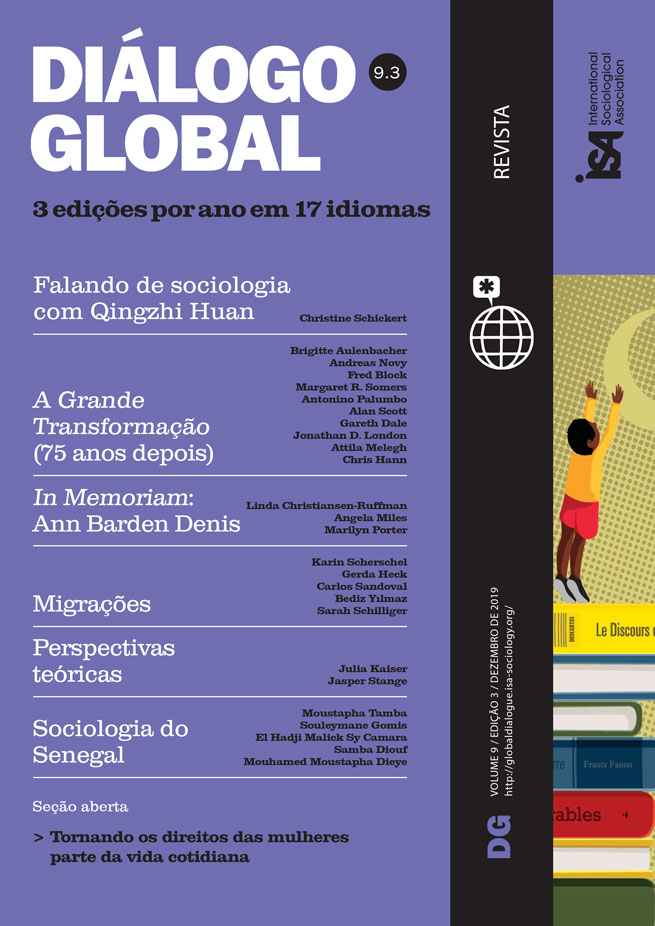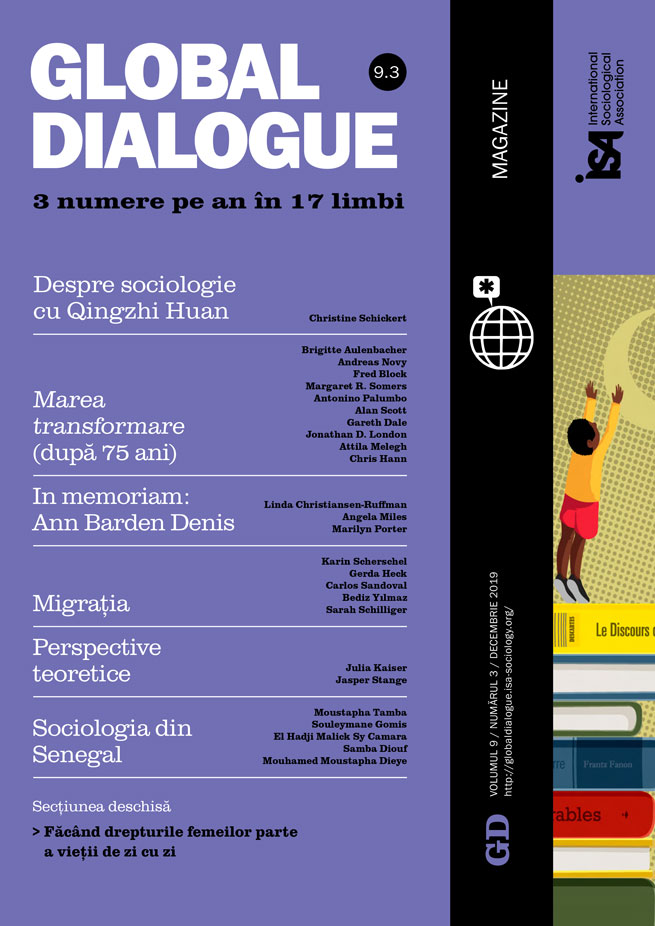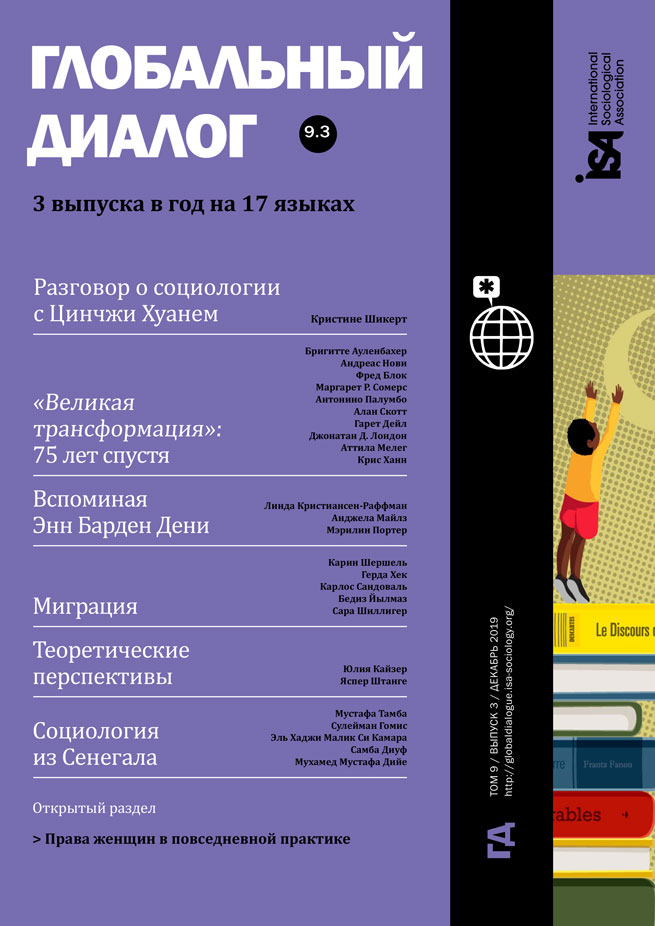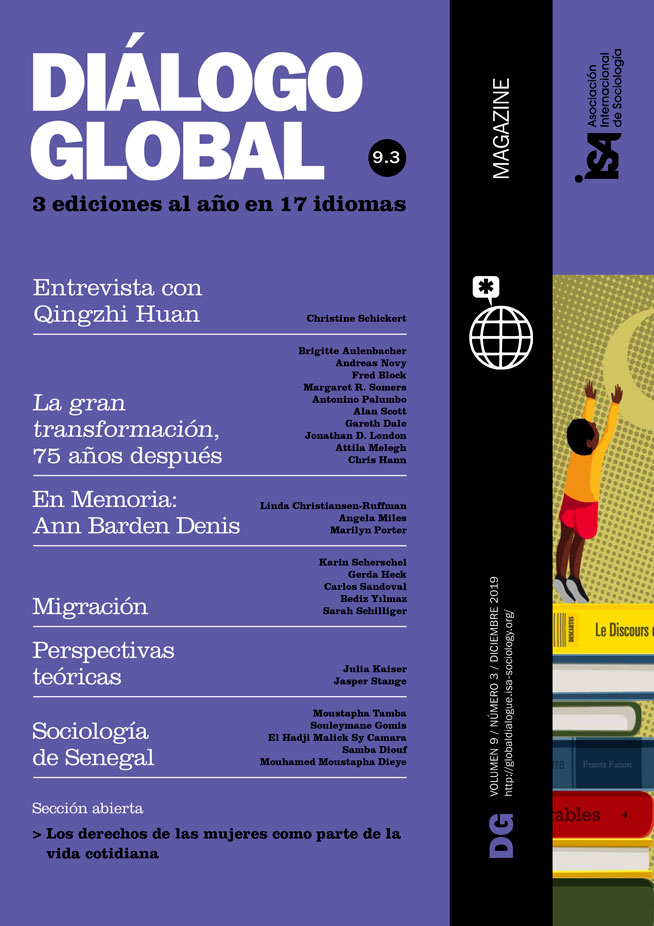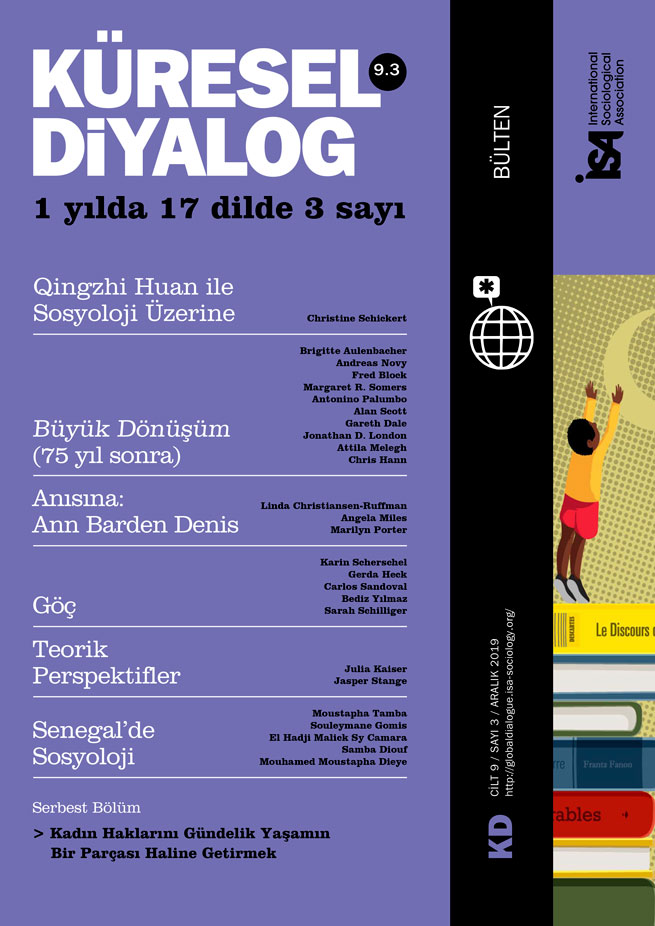When Karl Polanyi died in 1964, his intellectual contributions were not well known except among economic anthropologists and scholars of Greek and Roman antiquity. As a refugee intellectual, Polanyi had divided his life across four separate countries - Austria, England, the U.S., and Canada. Moreover, he did not belong to any single discipline; his work cut across history, geography, economics, sociology, anthropology, political science, and classics. All this made it difficult for him to assemble the critical mass of followers that sustained the reputation of other important refugee intellectuals.
Moreover, Polanyi proved to be an unreliable prophet in his most important book, The Great Transformation. He suggested in the final chapters that the world had finally recognized that the idea of creating a global self-regulating market was mistaken. To be sure, the “embedded liberalism” of the post-World War II economic order was nowhere near as destructive as the pre-war gold standard system. But the creation of Keynesian welfare states in the 1940s, 1950s, and 1960s fell far short of the kind of socialism that Polanyi had envisioned. Moreover, Polanyi failed to foresee the coming of the Cold War or Washington’s determination to rebuild a world economy in which goods and capital would flow freely across national boundaries.
Ironically, events occurring after his death cemented Polanyi’s reputation as a prophet. In the 1920s in Vienna, Polanyi had formed his ideas in opposition to the market fundamentalism of Ludwig von Mises and his student, Friedrich Hayek. Ten years after Polanyi’s death, Hayek was recognized with the Economics Nobel Prize, and a few years after that, he was lauded as the theoretical inspiration for the free market economic policies of Margaret Thatcher and Ronald Reagan. In short, the last four decades of market fundamentalist policies transformed Karl Polanyi from a failed prophet into the most celebrated and prescient analyst of the powers and perils of the self-regulating market.
Gold-standard austerity and fascism
In The Great Transformation, Polanyiunequivocally blames the rise of fascism on the post-World War I restoration of the international gold standard, a decision for which politicians of all stripes, including Bolsheviks, were responsible. But once the cruelties of gold-standard austerity began to be inflicted on economically vulnerable people throughout Europe, socialists and political liberals alike turned against it - not only for its inexorable suppression of wages and public sector outlays, but also for its nullification of democracy.
Bankers and most employers, on the other hand, insisted that the gold standard embodied the economic laws of nature, and tampering with these mechanisms would lead to economic catastrophe. Their arguments might well have been dismissed as self-interested pleadings but for von Mises’ and Hayek’s theoretical justifications for governmental inaction in the face of increasing economic instability and mass unemployment. For Polanyi, it was not just that von Mises and Hayek advocated policies that were cruel and immoral; it was wildly unrealistic to imagine that millions of families, most of whom lacked any economic cushioning, would stoically adapt to economic privation. He also saw that when working people voted in support of public provisioning, decent wages, and unemployment benefits, these efforts were obstructed in the name of austerity. The immediate consequence was a deep disillusionment with democratic governance since gold standard rules inexorably trumped popular sovereignty.
Fascist parties took advantage of this disillusionment by promising the kind of security the globalizers refused to provide. Hence for Polanyi “the victory of fascism was made practically unavoidable by the [economic] liberals’ obstruction of any reform involving planning, regulation, or control.” But once in power, Hitler defied the gold standard constraints. By moving quickly to restore full employment, the Nazis were able to win popular support and fully consolidate their dictatorship.
Market fundamentalism and authoritarianism
The relevance to the current moment is striking. Forty years of market fundamentalism have created a regime of permanent austerity where governments, once again, are effectively blocked from boosting employment levels or protecting households from market instability. For a government to even consider challenging these strictures would trigger immediate reprisals in the way of market sell-offs of sovereign debt and sudden outflows of mobile capital. Even the leftist Syriza government in Greece, elected on an anti-austerity platform, was forced by the European Community to continue strict austerity policies.
There is again widespread disillusionment with democratic institutions and their failure to provide relief from permanent austerity. Right-wing parties have grown stronger by capitalizing on this contempt for democratic norms and institutions. Finally, a new breed of elected authoritarian leaders has embraced the model of “illiberal democracy” characterized by electoral manipulation, judicial capture, suppression of free media, and a politics of hate that divides “the people” from the people’s “others.”
To be sure, today’s authoritarians are not the same as twentieth-century fascists. But it would be foolish to take comfort from the absence of paramilitary formations with matching uniforms. Historical mimicry is not the relevant criterion for comparison. Polanyi saw that the interwar fascist threat was a response to a crisis of democracy created by the unmovable authority of the gold standard. We once again face a crisis generated by the institutions that govern the global economy. Like their predecessors, contemporary authoritarians have stepped into the vacuum created by crisis and have in some cases already begun to persecute their “enemies” in the name of protecting “the forgotten man.”
The lesson for today is the urgency of a project of global economic reform that could break apart the constraints of permanent austerity and undo the crises of impotent democracy. To be sure, the challenge of creating a powerful global reform movement is enormous. It is no simple matter to generate the global cooperation required to face crises such as climate change, the dramatic increase in the number of global refugees, and an increasingly disorderly global economy. But at this moment, it might be possible to unite much of the world’s population around the project of a global Green New Deal that would redistribute resources from the Global North to the Global South, address the climate change emergency, and transform the institutions and rules that govern the global economy. This global initiative would open up space within nations and supra-national regions for a renewal of democratic politics and a wave of reforms to create economies that work for all people.
Fred Block, University of California, Davis, USA <block@ucdavis.edu>
Margaret R. Somers, University of Michigan, USA <peggs@umich.edu>


